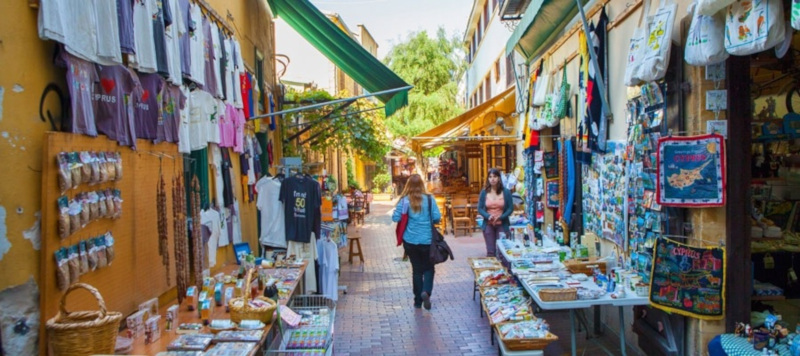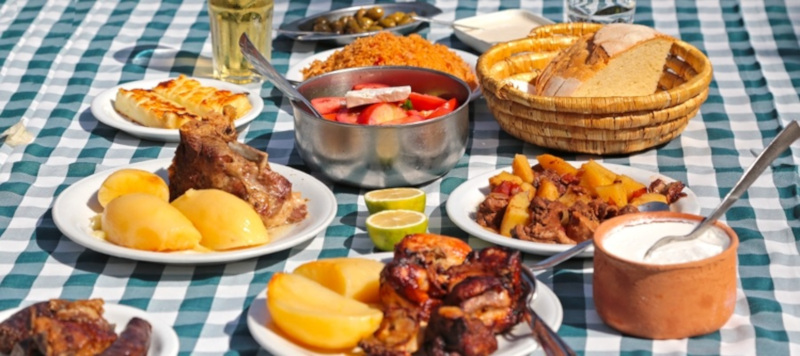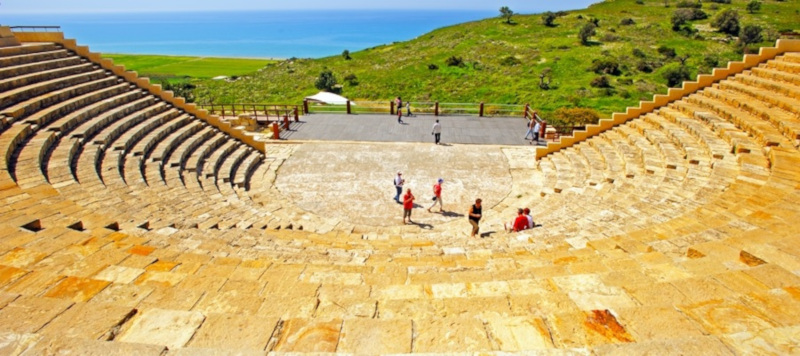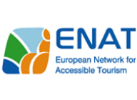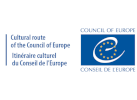1. What year was CTGA established, and where is the headquarters?
The Cyprus Tourist Guides Association, CTGA, was established in 1964 and its headquarters are in Nicosia, Cyprus:
14 Spyrou Kyprianou Avenue, 1640 Nicosia, P.O.Box 24942, 1355 Nicosia, Cyprus.
2. What is the primary mission/goal of CTGA?
Its main goals are to improve professional standards, protect and support CTGA members and enhance the image of Tourist Guides. The CTGA is in close cooperation with the Deputy Ministry of Tourism and the Association of Cyprus Tourist Travel Agents (ACTA).
As a member of FEG and WFGTA the CTGA contributes in all steps taken in defending and enhancing Tourism on an international scale.
The CTGA runs the annual seven day event called «Gnoriste tin Kypro» “ Get to know Cyprus” which was launched in 1979. This event inspired later on for the International Tourist Guide Day to be celebrated .
A week for getting to Know Cyprus is an offer of professional guiding tours open to the people of Cyprus in order to raise awareness amongst Cypriots on the historical, cultural or geographical values of the Island.
The WFTGA International Training Centre in Cyprus commenced its annual operation in 2006 with the support of CTGA. So far, 12 Training Courses have been organized and 186 guides from all over the world have been trained at the Cyprus WFTGA International Training Centre (CY ITC). Together with the Armenian WFTGA International Training Centre the CY ITC are the only WFTGA training centers to offer opportunities for developing and expanding guiding skills all over the world.
 Cycling holidays in Cyprus © VisitCyprus
Cycling holidays in Cyprus © VisitCyprus
